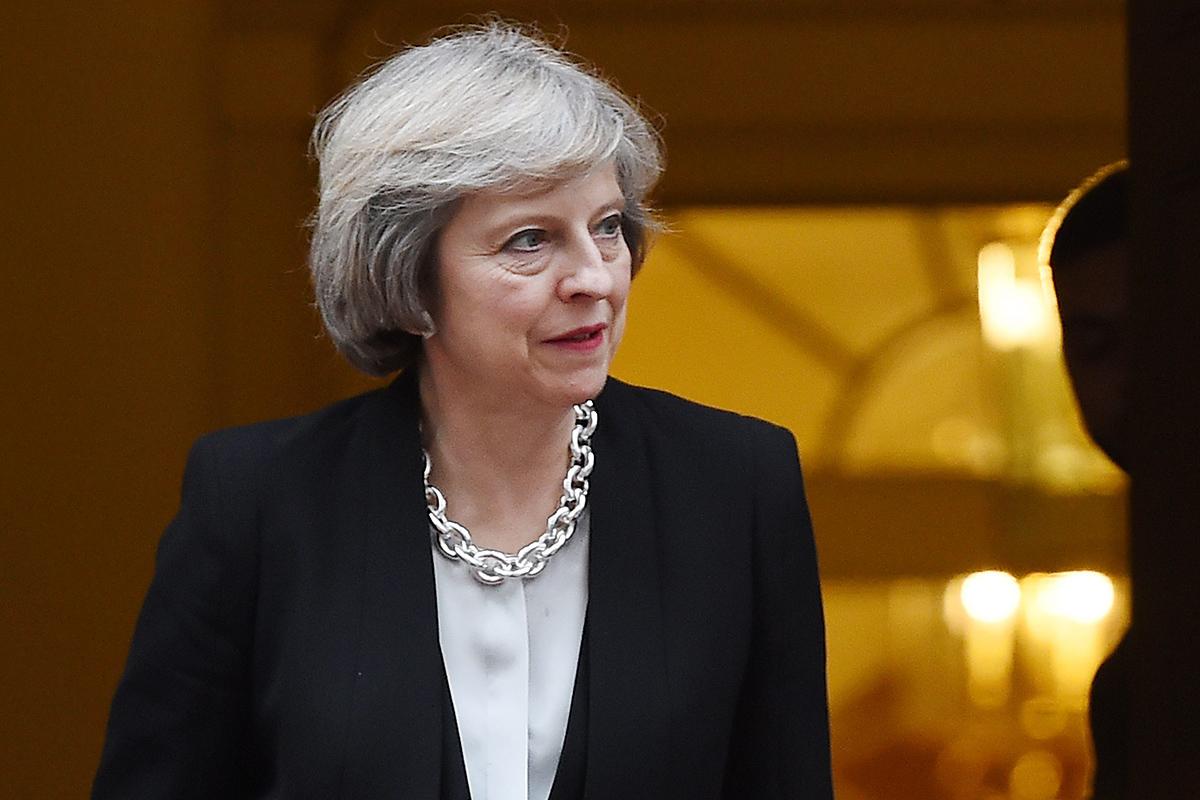Sixty Tory MPs demand Theresa May commits Britain to a Hard Brexit
The MPs want the UK to leave the single market and customs union

Sixty Tory MPs have urged Theresa May to commit Britain to a hard Brexit – pulling out of the single market and customs union.
Eurosceptics including Iain Duncan Smith, Michael Gove, John Whittingdale and Theresa Villiers made their call in the Sunday Telegraph newspaper.
Though the EU referendum campaign included minimal debate over whether or not the UK should remain in the single market, the MPs believe the Government has a mandate to cut the UK’s close existing trade ties with the bloc.
Ms May has previously said she would try to restrict freedom of movement between the UK and EU, a policy which is incompatible with membership of the single market.
A lack of clarity from Downing Street about exactly what it is trying to achieve in EU negotiations has however led to consternation in the various factions of the Tory party.
MP Stephen Phillips, who backed Brexit but wanted to remain in the single market, quit as an MP earlier this month over Ms May’s handling of Brexit – as the tone of the Government’s inscrutable signals started to indicate a Hard Brexit
But the 60 MPs’ call this weekend shows those advocating Hard Brexit are also far from certain of their triumph in the behind-closed-doors decisions about what Brexit will actually entail.
The Tories backed the statement “The UK must leave the European Economic Area [EEA] and the Customs Union” through an article in the newspaper.
“A vote to remain in the EEA or the Customs Union is a vote to be powerless over trade and domestic regulation and therefore poorer than we otherwise can be,” Steve Baker, one of the Conservative MPs, told the newspaper.
“The UK is ideally positioned to catalyse a new global trading system which works for everyone by promoting free and fair trade and defending against predatory practices.”
The latest call from Eurosceptics follows calls on Saturday by some Tory MPs for the Government to drop its attempt to appeal a Brexit-replated High Court ruling.
Sir Oliver Letwin, the former head of the Cabinet Office Brexit Unit, said the appeal against having to hold a parliamentary vote on triggering Article 50 should be dropped.
Other MPs including former attorney general Dominic Grieve and Mark Garnier also backed the call, arguing that the plan was unlikely to succeed and that Brexit would pass through Parliament without difficulty anyway.
Ms May has said she will trigger Article 50 in the first quarter of the upcoming year but has not said what she what the opening position of negotiations will be or what their ultimate aim will be. The Government says transparency would weaken its negotiating position.
Government spokesperson said: "We are committed to getting the best possible deal as we leave the EU: one that is unique to Britain, not an ‘off the shelf’ solution.
"It's not about binary choices - there is a huge range of possibilities for our future trading relationship with the EU. That's why the Government is painstakingly analysing the challenges and opportunities for all the different sectors of our economy.
"The Prime Minister has been clear that she wants UK companies to have the maximum freedom to trade with and operate in the Single Market – and to let European businesses do the same here.
"Beyond that, it's not in the UK's interest to give a running commentary on our thinking that could undermine our negotiating position."
Join our commenting forum
Join thought-provoking conversations, follow other Independent readers and see their replies
Comments
Bookmark popover
Removed from bookmarks